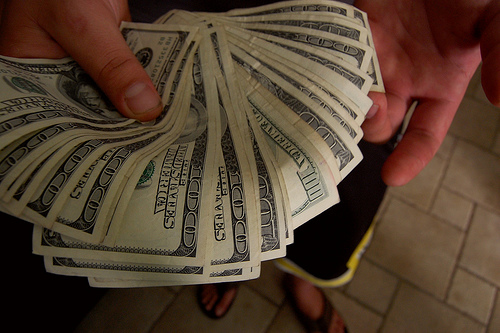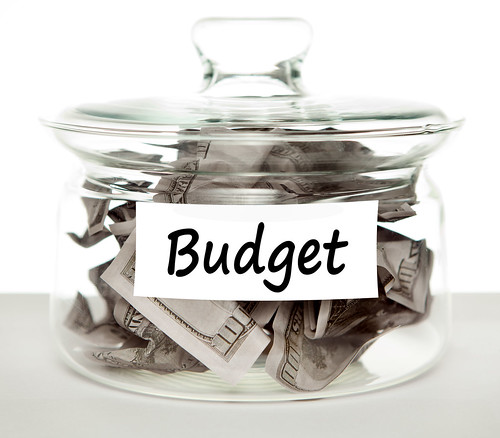There are many telltale signs that let you know that you are starting to have financial difficulties, and as soon as you can spot one of them you should look at how you can better manage your money. If the first thing you have to do when you get paid is to pay off overspending from the previous month, or you find you are having to pay more every month to your credit card supplier, then you need to reorganise your spending before it is too late. Here are a few ideas that may help you get yourself back on track, and feel happier about yourself

Keep Records
As soon as possible keep records of your monthly spend; it’s the only way to know where your money is going and if you have a computer you can use a spreadsheet to itemise your outgoings. Once you have a record of a few weeks, or even better, several months, you can start to spot where you can reduce your spending. You need to find the things that seem like wasted spending, and being able to see the figures in front of you will spur you into reducing pointless expenditure.
Prioritise
Once you have a list of all your outgoings you can prioritise what is the most necessary. Your housing costs are obviously vital, so you need to band together rent or mortgage costs with your food bills and utility payments. Once you have the things you need to live everything else becomes a choice. Decide which things are most important to you, and work out ways that you can reduce costs in other areas. Too many people are in financial difficulty but will not cancel their cable TV, or give up their Saturday night out with friends. If you can stop something for a few months do it; you may find that you never start it again.
Budget

You only have a certain amount of income, and you should never spend more than you earn. This should be the mantra for people in financial hardship. Once your bills are paid, you should allocate money for food and clothes, but you should always try to spend less than your budget. You can reduce your food costs massively by buying home brands at the supermarket, or by only buying clothes that are on sale. Once you start to budget properly you can start to try to reduce that budget week by week, and you will soon have extra money in your pocket.
Get Help
Don’t try to battle through on your own, get help from a professional. You should talk to your bank, a financial advisor, or maybe a councilor, these people can show you how to make savings, and even how to start saving again. Even though you don’t have a large savings account or investment portfolio, you can still talk to somebody about managing your finances better.
When you have very little disposable income every little saved is money for something else. Stopping buying a Starbuck’s coffee in the morning could easily help you settle your credit card, and once the card is finished you could even start to save that money. Then it becomes vital to talk to somebody who knows how to invest your money wisely.
This article is authored by Mark Demello, who works as a research analyst at Share Wealth Systems. Whether on a bike lane or a trail, Mark loves mountain biking and cycling.







You really do have to plan and work at it to get ready for the future. if you really work for it, you will earn it. A good place to start is to set priorities and you can get some help at mutualfundstore.com/plan-time-financial-goals. Good luck!